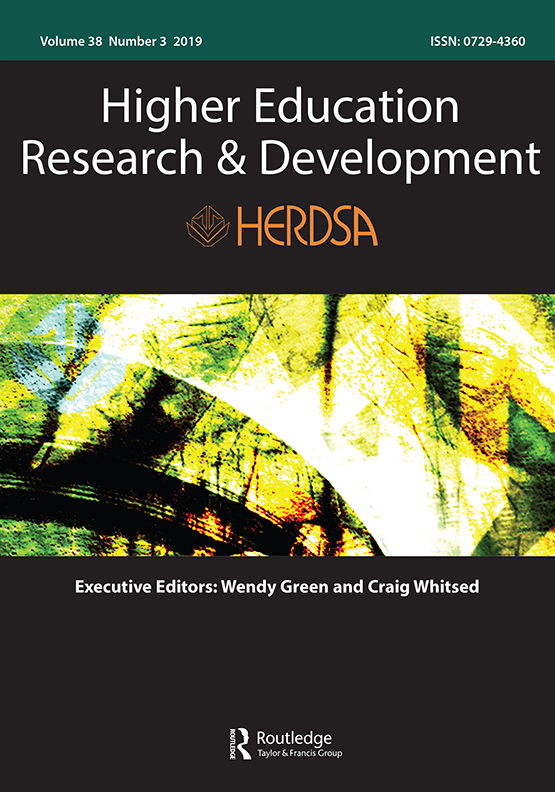tandfonline.com har udgivet en rapport under søgningen “Teacher Education Mathematics”:
ABSTRACT
ABSTRACT
Across Europe, assumptions are often made within the academic literature and by some social commentators that students have come to understand the purpose of higher education (HE) in increasingly instrumental terms. This is often linked to processes of marketisation and neo-liberalisation across the Global North, in which the value of HE has come to be associated with economic reward and labour market participation and measured through a relatively narrow range of metrics. It is also associated with the establishment, in 2010, of the European Higher Education Area, which is argued to have brought about the refiguration of European universities around an Anglo-American model. Scholars have contended that students have become consumer-like in their behaviour and preoccupied by labour market outcomes rather than processes of learning and knowledge generation. Often, however, such claims are made on the basis of limited empirical evidence, or a focus on policies and structures rather than the perspectives of students themselves. In contrast, this paper draws on a series of 54 focus groups with 295 students conducted in six European countries (Denmark, England, Germany, Ireland, Poland and Spain). It shows how understandings of the purpose of HE are more nuanced than much of the extant literature suggests and vary, at least to some extent, by both nation-state and higher education institution. Alongside viewing the purpose of HE as preparing them for the labour market, students emphasised the importance of tertiary-level study for personal growth and enrichment, and societal development and progress. These findings have implications for policy and practice. In particular, the broader purposes of HE, as articulated by the students in this study, should be given greater recognition by policymakers, those teaching in HE, and the wider public instead of, as is often the case, positioning students as consumers, interested in only economic gain.
